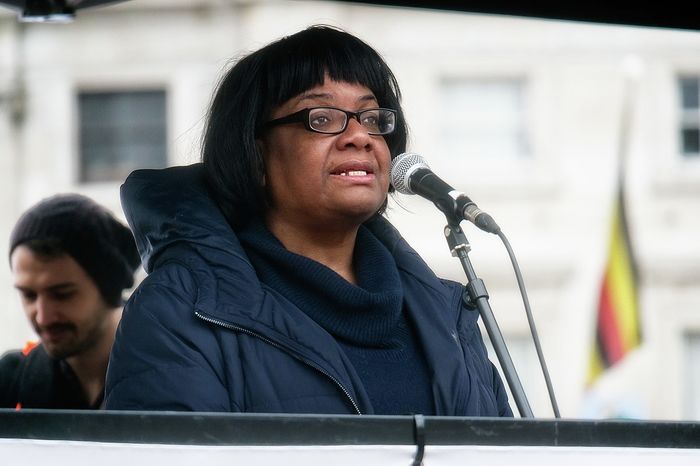Trinity set to investigate legacies of slavery
A new fellow will be appointed at Trinity College in Michaelmas to investigate the college’s links to the slave trade

Trinity College is set to appoint a new Legacies of Slavery Research and Teaching Fellow to investigate college links to the slave trade for four years from Michaelmas 2023.
The fellow will probe the college’s links to the slave trade including any investments by the college or fees and bequests from students and alumni. The fellow will also explore any contributions by Trinity members in opposition to slavery.
Dr. Michael Banner, dean and fellow of Trinity, said the new position has been created in order to “comprehend the extent to which the College [Trinity] was involved or benefitted from slavery”. Additionally, “this research will enable debate and discussion from a wide range of perspectives.”
According to Trinity College’s website, the new Fellow will be involved in teaching, “discussions with the community about their research findings”, and will hold a series of public lectures about issues including the consequences of colonial slavery and the ways in which institutions deal with the legacies of slavery.
Alongside the fellowship, Trinity has pledged to donate £1 million over five years to Cambridge Caribbean Scholarships. This will enable three Masters students per year to study at Cambridge. The five year initiative will also include two PhD studentships.
Trinity’s racial and ethnic diversities JCR officer, Sanadi Ilandaridewa, told Varsity: “Appointing a new role to investigate the legacy of slavery is a positive step in confronting the college’s past. It is vital that Trinity recognises its contribution to slavery in order to hold itself accountable and move towards a future of equality. Trinity’s pledge to donate £1 million to Cambridge Caribbean Scholarships is equally important as it shows a willingness to actively work towards reconciliation, making studying at Cambridge an opportunity for all. I hope that other institutions follow Trinity in creating a more inclusive future.”
Isuri Ratnayake, ethnic and inclusion officer for Trinity’s graduate society, told Varsity: “The creation of a fellowship dedicated to researching the legacies of enslavement is a commendable step towards recognizing and addressing the painful and lasting impacts of slavery. This fellowship represents a significant commitment to promoting historical awareness, acknowledging past injustices, and fostering a culture of inclusivity and equity.”
Ratnayake added that: “I hope that other institutions along with Trinity continue in recognizing their historical ties to slavery and taking tangible steps towards repair and reconciliation.”
The creation of the role follows Cambridge’s ‘Legacies of Enslavement’ Inquiry, conducted between 2019 and 2022, which concluded that the University gained “significant benefits” from its financial and cultural involvement in the slave trade. The report also found a “significant part” of collegiate endowment to have been “ultimately derived from the slave trade.”
 News / CUP announces funding scheme for under-represented academics19 December 2025
News / CUP announces funding scheme for under-represented academics19 December 2025 News / Cambridge welcomes UK rejoining the Erasmus scheme20 December 2025
News / Cambridge welcomes UK rejoining the Erasmus scheme20 December 2025 Comment / Yes, I’m brown – but I have more important things to say22 December 2025
Comment / Yes, I’m brown – but I have more important things to say22 December 2025 News / SU reluctantly registers controversial women’s soc18 December 2025
News / SU reluctantly registers controversial women’s soc18 December 2025 Film & TV / Timothée Chalamet and the era-fication of film marketing21 December 2025
Film & TV / Timothée Chalamet and the era-fication of film marketing21 December 2025









